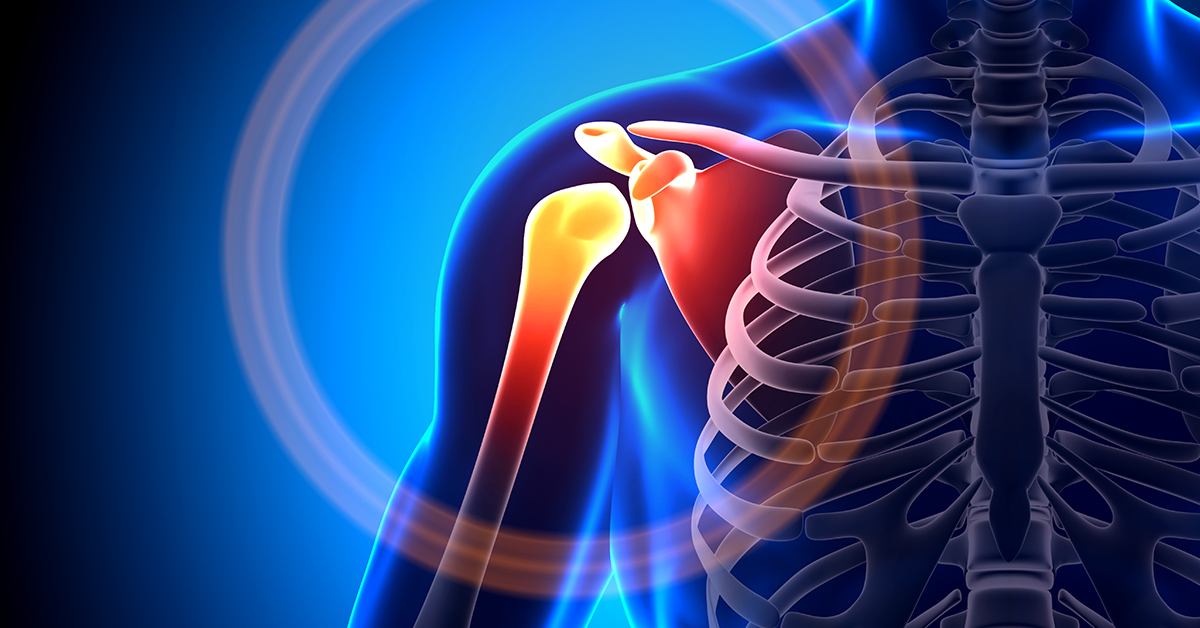Reactive calcification is a form of calcific tendinitis, a shoulder condition that can become painful

What is Calcific Tendinitis of the Shoulder - Reactive Calcification
Calcific Tendinitis of the shoulder takes places when calcium deposits form in your rotator cuff's tendons. The formation of these deposits cause the tendons and the tissue surrounding them to become inflamed. Reactive calcification can affect patients at any age, but it most often develops in younger patients.
What causes Calcific Tendinitis of the Shoulder - Reactive Calcification?
Reactive calcification does not currently have a known cause, but the progression of the condition is known. The initial phase of the progression begins with the formation and collection of the calcium crystals in the tendon tissues. Over time, the process of calcification will stop, and the deposits of calcium in the tissues of the rotator cuff tendon will begin to break down. The body will then begin to reabsorb the calcium. For many patients, most of the process does not create any symptoms, and many people do not notice the condition until the painful reabsorption process.
Symptoms and Diagnosis
Symptoms of reactive calcification may vary depending on the phase of the process and other factors, but generally include pain when lifting the arm. The pain can range from moderate to severe. Stiffness, shoulder mobility issues, joint swelling, and pain at night may also be present. Your doctor may diagnose this condition if these symptoms are present, and the diagnosis may be confirmed with imaging studies, such as an X-ray to confirm the presence of calcium deposits.
How is Calcific Tendinitis of the Shoulder - Reactive Calcification treated?
Often, treatment of this condition is not necessary, as symptoms will resolve on their own. In order to help ease pain and other symptoms, your doctor may prescribe corticosteroid injections, physical therapy, and medication to reduce inflammation. If the condition is very severe and deposits are not being reabsorbed, surgery may be necessary.
